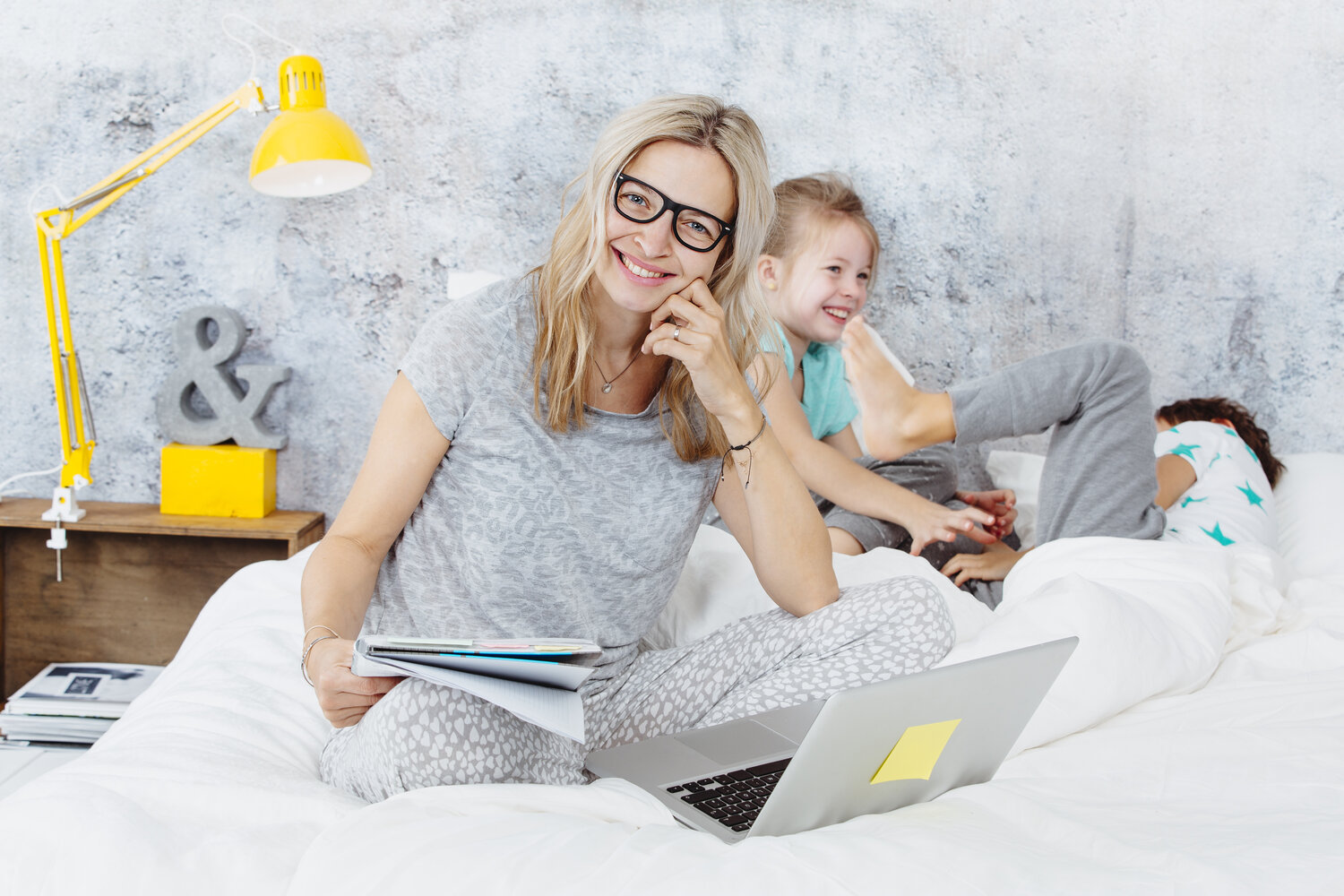
This spring, our firm conducted a nationwide study of business professionals on behalf of Harvard Business School Online. Media coverage of the study called attention to the fact that a whopping 81% of those who worked remotely for some period since last March want to be able to continue working remotely at least some of the time. (Click here for a summary of the findings.) This finding has vast implications for tomorrow’s workplace and corporate culture, and business leaders know it, as evidenced by the number of brands who have already made a flexible approach “the new normal.”
However, what the study also revealed is what’s driving this desire for flexibility and what working professionals have experienced as the trade-offs of remote work. In a year marked by heartbreaking loss—one in ten of the respondents in our study lost someone close to them during the pandemic—many found that they were nonetheless better off today than they were before the pandemic started. How could this be?
Not least among the perceived benefits of working from home were things like more control over one’s time and less time spent in traffic. Although those with children at home were more mixed in their assessment of the work-from-home arrangement, the fact is this: The ability to work from home gives many a greater sense of personal agency in the quest to balance work with the rest of life. U.S. professionals presumably don’t want to lose the agency they gained, even if they gained it under less than ideal circumstances.
But here’s the other thing that much of the press coverage of our study missed: If respondents say they did better on work-life balance while working remote, many also experienced feelings of isolation and missed the kind of socialization and culture building that is part of healthy office environments.
Similar sentiments were expressed by many respondents:
I feel isolated and miss going to the office. I want my old life back.
I had more flexibility in time and was more relaxed [while remote]. But I was also more lonely and missed the fun and liveliness of the office.
I miss the work-related social interaction.
These nuances are important in practical terms. If workplaces don’t figure out how to enable and facilitate creative collaboration and authentic esprit du corps while half or more of a team are “remote” at any given time, the consequences in terms of the mental health of workers and the intellectual vitality of businesses could be significant. Zoom, Slack, Google Hangouts, and Microsoft Teams have been essential and transformational for sure. But they are no substitute for the live in-person brainstorm, the random exchange with a co-worker from a different team that takes place in the kitchen, or the ability to gather occasionally for celebrations of a person’s anniversary, new baby, or farewell. A work world where no one ever met their colleagues in person would be a strange world indeed.
Likewise, the remote work model—which has already gotten old for some—will rapidly lose popularity among still more, if employers don’t signal respect for workers’ lives outside the office even after the pandemic is over. If managers assume that, just because someone’s working from home, there’s no boundary between the work day and the personal day, that will just introduce a new set of frustrations into the mix. As one described it:
Work and private life blend together, and there is a new normal of always being available at all times seven days a week. Working remotely and working from home has actually made work-life balance more difficult.
These nuances explain why, though most business professionals want to retain the flexibility to work remotely some of the time, the vast majority want to return to the office the rest of the time. So, while the USA Today headline “Work from home more appealing than return to ‘business as usual” was accurate, the WBUR headline about our study had it right too: “Most Remote Workers Are Looking Forward To Returning To Office.”
And one last caveat about our research: Because HBSO is an online learning platform for business professionals, our focus was “business professionals who worked from home during Covid-19 for some period of time since last March.” It was not the vast army of service workers who were either laid off or forced to work in risky situations. The study did not look at child care or home health care professionals. We didn’t measure the opinions of folks on the frontlines of the hospitality industry. We weren’t talking to transit workers, retail professionals, or people in the performing arts either.
As one of the “business professionals” who was the focus of this study, I have found myself thinking every day about how fortunate we’ve been to weather the storm of this past year, while so many of those I encounter every day—from grocery clerks and the Uber drivers to my friends and neighbors in the entertainment and restaurant industries—have seen their lives upended. I need to consciously remind myself not to allow breezy headlines about how great remote work is and how well business folks actually did this past year to diminish my own empathy for those who have experienced so much loss and disruption.
Being “in it together” means solidarity with them too. And any assessment of the state of the economy made solely on the basis of what “business professionals” are experiencing is necessarily incomplete. There’s much more learning to be done about the impact this waning pandemic has had on culture and society.
